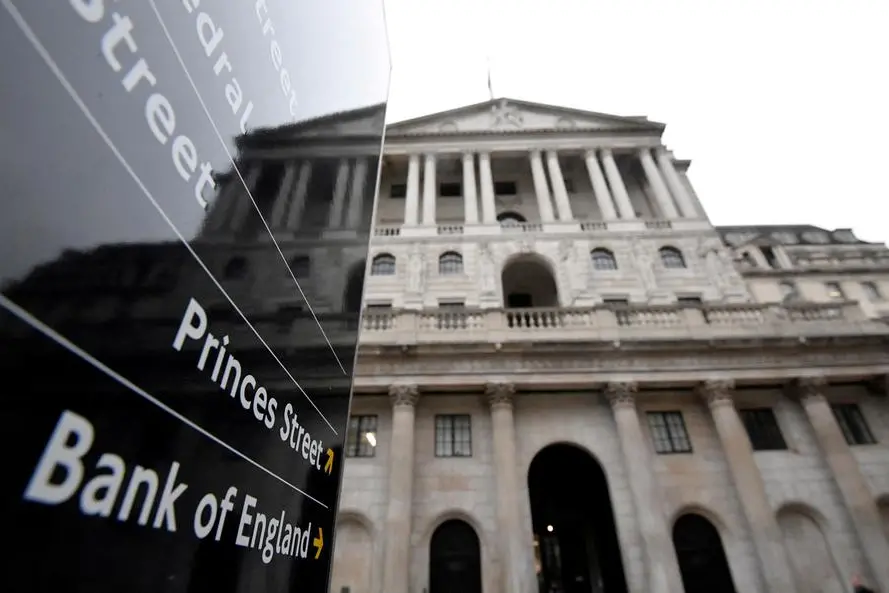PHOTO
With just over 100 days to go before this year’s UN Conference of Parties on Climate Change (COP27), the Bank of England and the Central Bank of Egypt (CBE) are meeting to discuss climate risks and their potential impact on global economies.
As part of a technical cooperation scheme funded by the British government, Bank of England staff are sharing the UK’s experience in analysing, managing, and understanding the effects of climate change on financial firms and the stability of the financial system.
The three-day workshop will also draw on the work of the Network for Greening the Financial System (NGFS), which brings together 116 central banks and financial supervisors from across the globe — including the CBE — to develop recommendations and share best practice in the fight against climate change.
Sarah Breeden, who leads the Bank of England’s work on climate change and has been an NGFS Steering Group member since its inception in 2017, will be opening the event.
Last May, the Bank of England released the results from its Climate Biennial Exploratory Scenario (CBES), which explores the financial risks posed by climate change for the largest banks and insurers operating in the UK.
Part of the workshop will involve sharing key findings and insights from the exercise, allowing the CBE to gain a better understanding of how climate risks are being managed elsewhere.
Bank of England experts have also been supporting the CBE and other central banks — including in Sierra Leone, Morocco, and the South African Development Community — in coping with the impact of the COVID-19 pandemic, as well as with data analytics, cyber and central bank digital currency, all of which will help financial stability and resilience across the continent.
Gareth Bayley — the UK’s Ambassador in Cairo — said: “I am delighted to see this latest stage in our climate cooperation with Egypt, as our central banks meet to discuss how to tackle the economic effects of climate change. This is a vital part of the conversation. If we are to deliver on the commitments agreed at COP26 as part of the Glasgow Climate Pact, we need to consider smart and creative responses to the financial risks posed by the changing climate. The Bank of England has world-leading expertise in this area, and I am proud that we are working with our Egyptian partners to share our experience and help deliver a successful COP27.”
For her part, Mai Aboul-Naga — First Sub-Governor at the CBE — said: “Climate change is one of the most prominent areas of sustainable finance, it has brought about new types of risks that should be accounted for. The transition to lower carbon economies needs to be gradual and well informed to ensure financial and banking stability, as banks will have an active role in facilitating this transition.”
“The Bank of England is a pioneer in climate finance and has continuously provided support to the CBE in building its capacity to address these risks. We look forward to our future cooperation towards developing more sustainable economies,” she added.
Breeden — who is also the Executive Director for Financial Stability Strategy and Risk at the Bank of England — further commented that “the challenges posed by climate change are very significant, and if we are to address them successfully, we will need to share expertise across institutions.”
“This Climate Scenario Analysis Workshop we are carrying out is a practical example of the international cooperation needed. The Bank of England’s staff have been heavily engaged in scenario analysis, modelling the financial risks that arise from these, and embedding climate change into our supervisory approach. We look forward to sharing some of our expertise with our partners at the Central Bank of Egypt.”
This activity forms part of the UK-Egypt Green Partnership, the wider work between the UK and Egypt to deliver on the commitments and processes agreed on during the COP26 and ensuring a successful transition to Egypt’s COP27 Presidency.
© 2022 Daily News Egypt. Provided by SyndiGate Media Inc. (Syndigate.info).





















